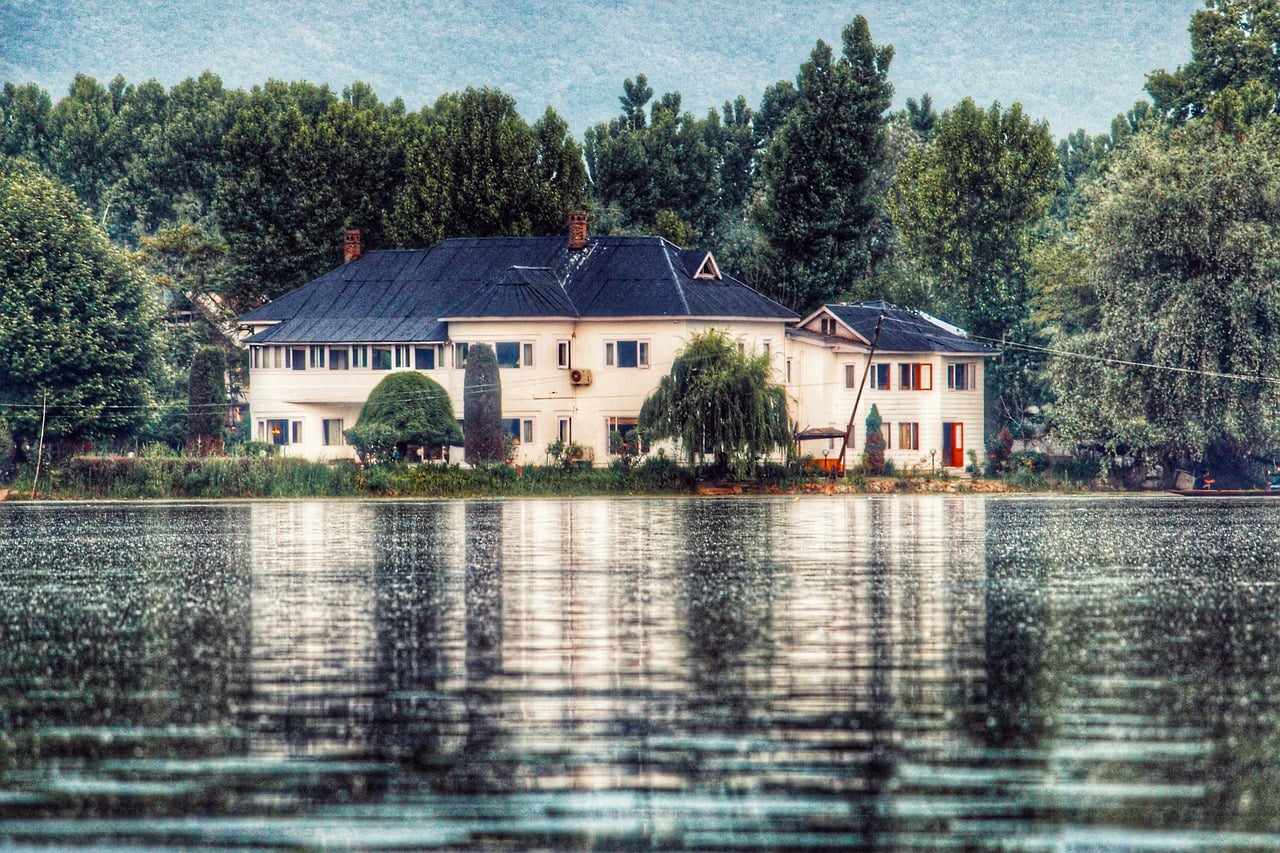The tension between India and Pakistan on Kashmir remains tight as the communications blackout in the India-controlled part of the disputed region continues. The United Nations is calling for restraint but is not interfering. Instead the UN has reminded the world of an agreement which would seemingly prevent U.S. President Trump or anyone else from mediating between India and Pakistan on Kashmir.
India revoked the special status which gave its portion of Kashmir some autonomy earlier this week. Since then, Pakistan has downgraded ties with its neighbor, warning New Delhi against “misadventure” and vowing to give a stronger response than what it did on Feb. 27. On that date, Pakistan shot down Indian jets which were found to have violated the Line of Control and arrested an Indian Air Force pilot.
India vs. Pakistan on Kashmir via Twitter
India has accused Pakistan of “threatening about certain incidents” in Kashmir:
“Lately #Pak has been openly threatening about certain incidents in #Kashmir. Notwithstanding we’ll take care of all of them; let anyone come & try & disrupt the peace in valley, we will have him eliminated!”- #ChinarCorpsCdr#IndianArmy #commonCausePeace @SpokespersonMoD @adgpi pic.twitter.com/uOf3ZXGGt5
— Chinar Corps – Indian Army (@ChinarcorpsIA) August 8, 2019
In response, Major General Asif Ghafoor, a spokesperson for Pakistan’s military, blasted Chinar Corps Commander Lt. Gen. K J S Dhillon’s statement, calling it the “usual blatant lies”:
Usual blatant lies. An attempt to carve out causes belli for a misadventure to divert world attention from precarious situation & atrocities in IOJ&K. While IOJ&K faces media blackout, AJ&K is open to foreign media & UNMOGIP to visit place of their own choosing. Can you do same? https://t.co/dVVMVxcKIs
— DG ISPR (@OfficialDGISPR) August 8, 2019
Ghafoor also said the accusations were an attempt at “misadventure to divert world attention from precarious situation & atrocities in IOJ&K [Indian-occupied Kashmir].”
Pakistani officials also said that while the India-administered side of Kashmir was in a communications blackout, it was the total opposite in Pakistan’s side of the disputed region. The director general of the Inter-Services Public Relations questioned whether India would be willing to allow the United Nations Military Observer Group in India and Pakistan to visit just as they are allowed to visit Pakistan’s side of Kashmir.
UN invokes Shimla Agreement
Some have been calling for the U.S. to mediate between India and Pakistan on Kashmir, but that may not be legally admissible. UN chief Antonio Guterres called for both countries to exercise “maximum restraint,” according to The Hindu. A spokesperson for Guterres said he has been following the situation “with concern.
The spokesperson also said he “recalls the 1972 Shimla Agreement, which states that the final status of Jammu and Kashmir is to be settled by peaceful means” under the terms of the UN charter. The Shimla Agreement is a bilateral agreement between Pakistan and India which rejects third-party mediation over Kashmir.
The BBC reports that although the lockdown continues in Indian-administered Kashmir, residents of the Muslim-majority region were allowed to attend prayers today in some local mosques. However, the main mosque located in Srinagar has been closed, and restrictions on residents continue.
Kashmiris prepare for Eid
Thousands of Indian troops continue to patrol the streets of Kashmir. Although some Kashmiris have been able to access the internet and mobile networks seem to be operational in some parts of Srinagar, full connectivity isn’t back yet, and the curfew put in place on Monday remains in place. Indian Prime Minister Narendra Modi has told Kashmiris that they will be allowed to celebrate the Muslim holiday Eid al-Adha when it begins on Sunday night.
In the meantime, violence has broken out as some reporters have observed protesters throwing stones at soldiers. Residents of Kashmir worry the situation could get much worse. The region has seen protests after Friday prayers in the past. Correspondents believe the decision to keep the largest mosque in Srinagar closed was made to keep a large crowd from gathering and potentially becoming violent. However, if the mosque remains closed on Sunday when Eid begins, it may trigger protests.
The Guardian reports that Lal Chowk, the main market in Srinagar, is empty today, although it should be filled with people shopping for Eid. Srinagar remains on lockdown, and access to healthcare remains highly restricted. Many Kashmiris fear the changes that are coming. It’s expected that the demographic profile of the region could change now that outsiders will be legally allowed to purchase property there.
The Guardian also reported that Pakistan has expelled the Indian high commissioner from within its borders. Pakistani Prime Minister Imran Khan expressed concerns that India will conduct ethnic cleansing to rid its part of Kashmir of Muslims. Some are accusing India of wanting Kashmir’s land but not the people who live there. Analysts are concerned that if or when India finally lifts the restrictions placed on Kashmiris, the backlash will be intense.




